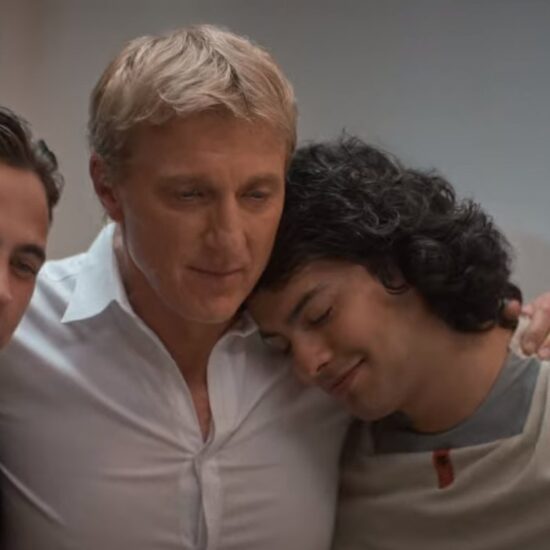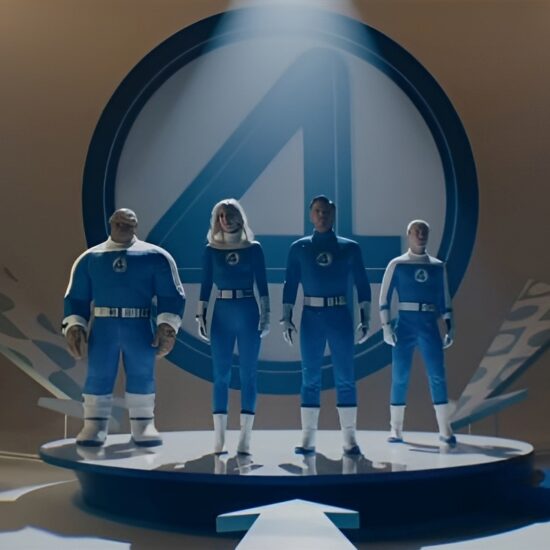Volker Bertelmann’s Oscar-shortlisted score for “All Quiet on the Western Front” features a three-note motif that came together on his grandmother’s old harmonium. It also features tones of Led Zeppelin.
In a Zoom conversation with Oscar-winning composer Hans Zimmer, Bertelmann explained his approach to crafting the sound of Edward Berger’s retelling Erich Maria Remarque’s 1928 novel.
First, he augmented his orchestra with the unusual sounds of a turn-of-the-century harmonium, while eliminating most of the drums-and-brass war-movie clichés. In thinking about his approach to the score, Bertelmann told Zimmer that he intuitively had the idea to use an instrument from the era, but one he could put a modern spin on. “I wanted something that I could treat like a modular synthesizer that I could make very raw,” he explained.
Brass, wind and wood instruments seemed too conventional for the film’s theme. Bertelmann told Zimmer, “I remembered that I had refurbished my grandmother’s harmonium, which was used in her home in around 1900 to play music. And what I liked about it was that it had a double-bass function, so you could take one register out, and it would add a lower octave to everything you played.”
As for finding a balance of when to add his score throughout the World War I story, Bertelmann said, “There were so many gunshots that rather than smear music under the gunfire and the explosions, I looked for [other] spots to place it.” He continued, “When we have the first sequence where the uniforms are being washed, I was reminded of old silent movies that have storytellings of machinery. That’s where I felt the need to add music to the rhythm of the machines.”
Zimmer pointed out the symbolization of the score and imagery, noting, “I thought of the symbol of the industrialization of war, the industrialization of these men. They were machines that were eating themselves up… and eating up other machines. And it all sounded like Led Zeppelin.”
Zimmer wasn’t the only one to spot the rock band’s influence on the score. Bertelmann revealed that when he sent 90 seconds of the score to Berger, the director said the same thing. Bertelmann said, “I got a phone call from him and he said, ‘Hey, I’m sitting here with my family and we’re listening to your piece, and it sounds like Led Zeppelin. It’s fantastic and we really love it.’”
How exactly did the rock band influence the score? “The head-banging element of it,” Bertelmann said.
The two also talked about their process, with Zimmer revealing that he doesn’t read scripts before scoring. He said, “I say to the director, ‘Tell me the story,’ usually over a good glass of wine; that helps. Then I go to the DP, and I find out what colors are going to be used.” He added, “I get engaged very early on, and if I have time, I try to write things early on. It helps the directors to have a little bit of music that is part of the story they’re trying to tell.”












